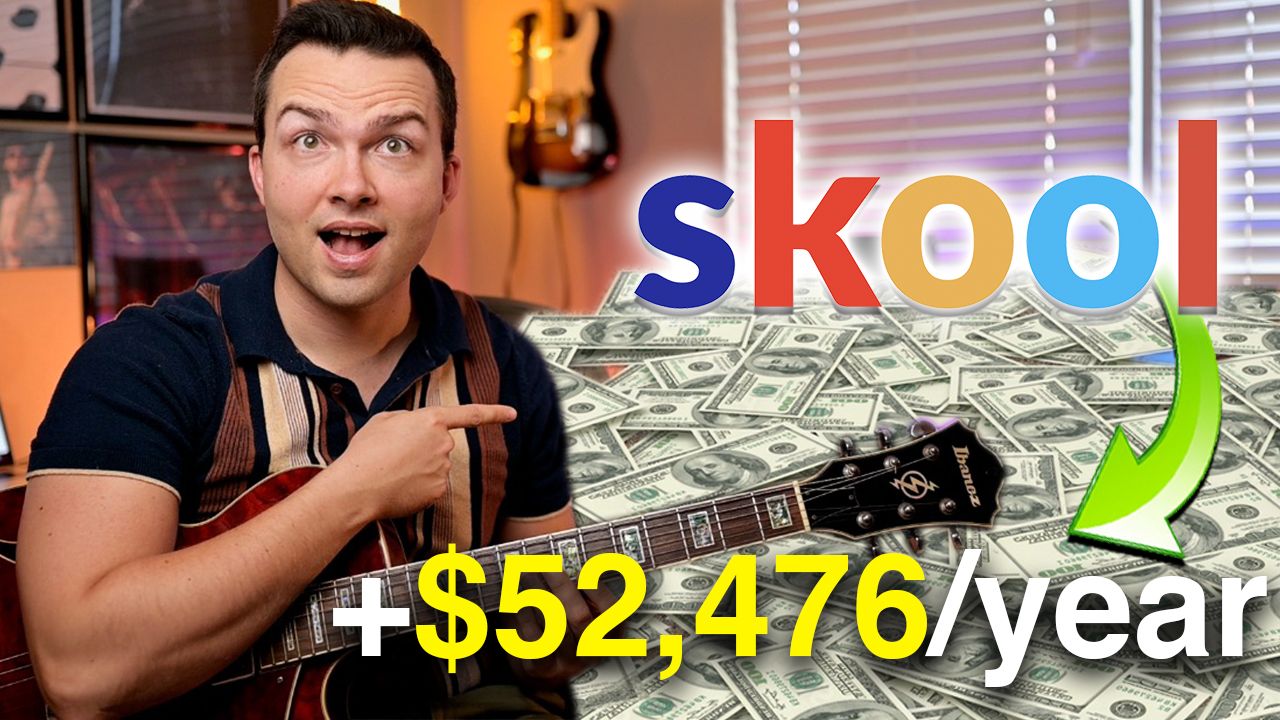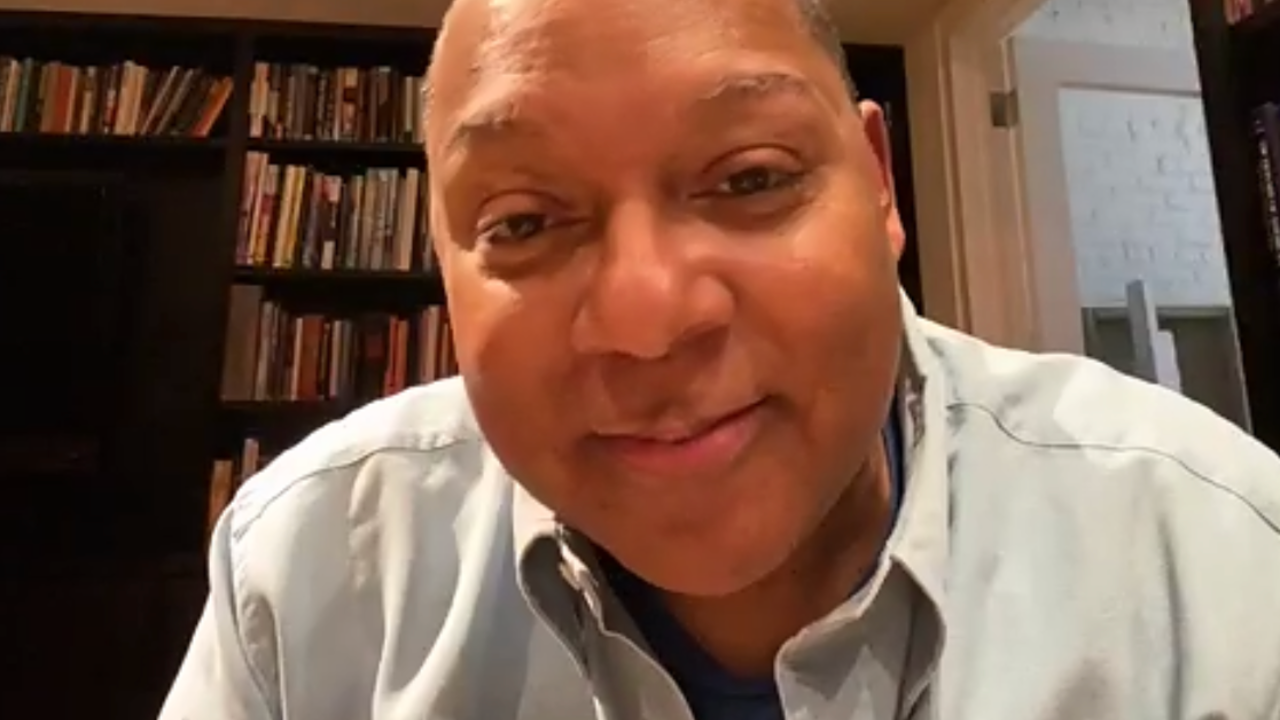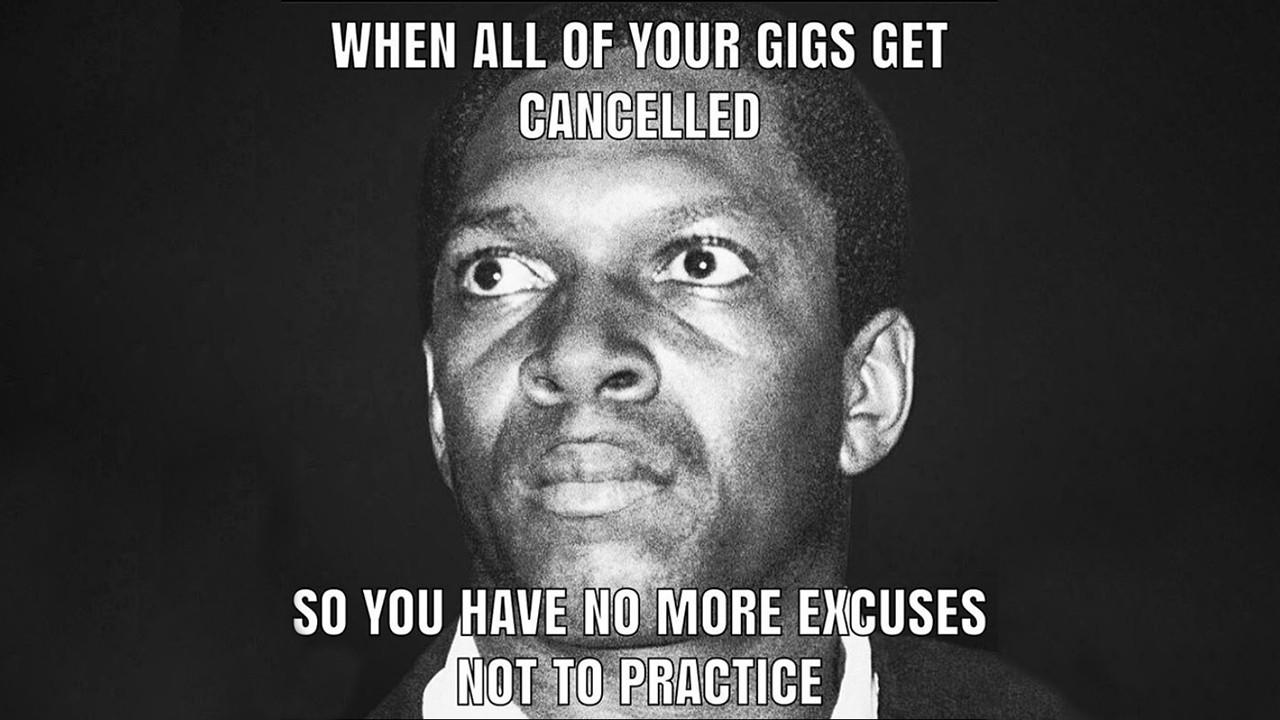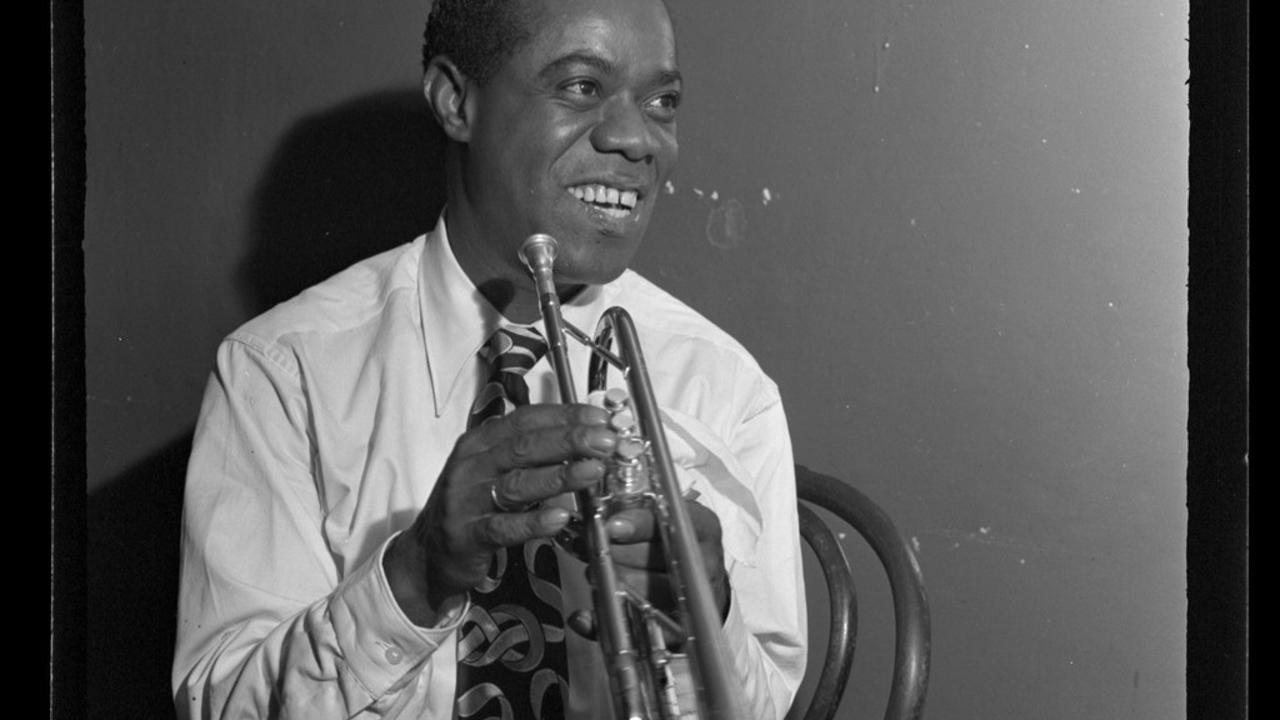57 Jazz Musicians Play the Blues
Oct 28, 2023
How I Make an Extra $52,476/year as a Jazz Musician
Jul 29, 2023
30 Lessons I Learned Before 30 🎂
Feb 26, 2023
The 50 Jazz Standards Blueprint
Oct 15, 2022
12 Rules for Success as a Modern Musician
Dec 31, 2020
10 Killer Melodic Minor Lines in 9 Minutes
Aug 08, 2020













